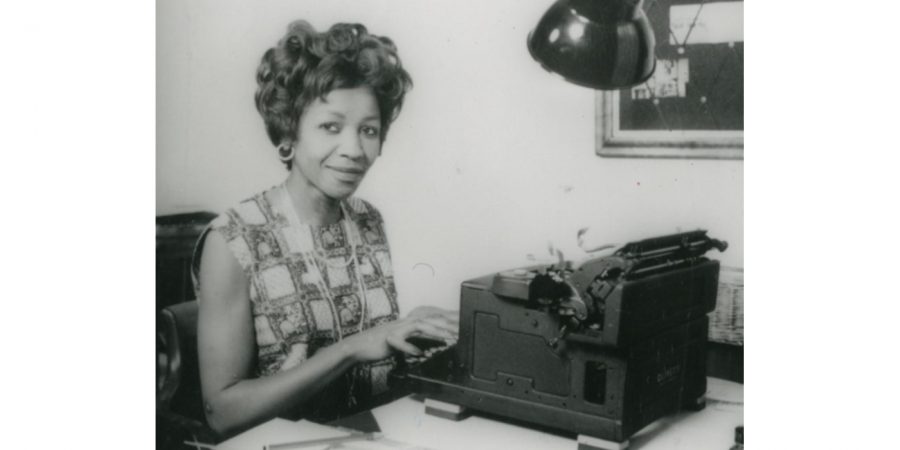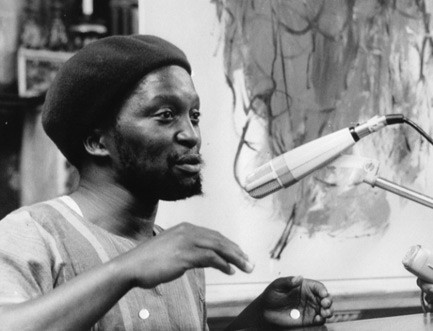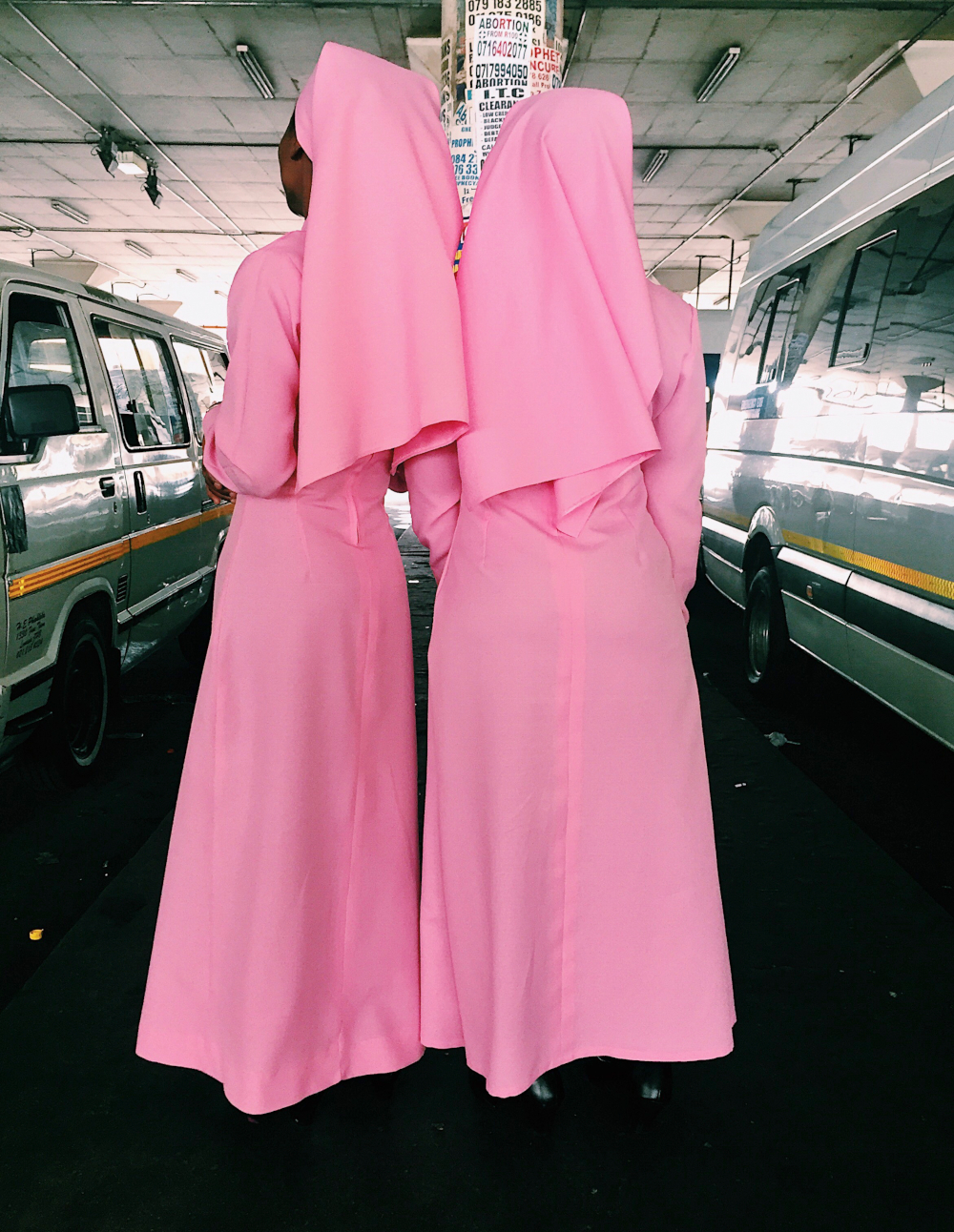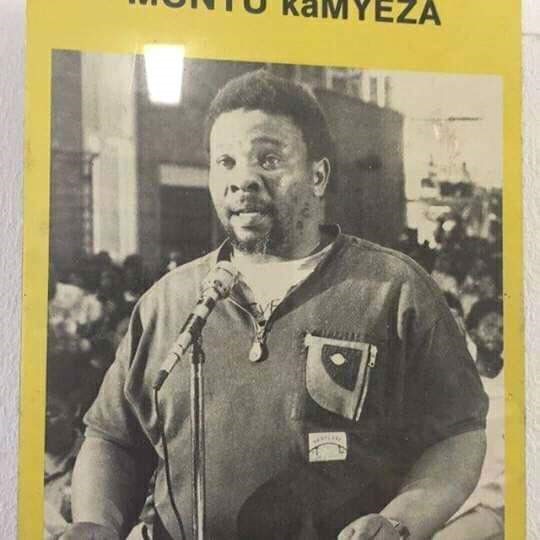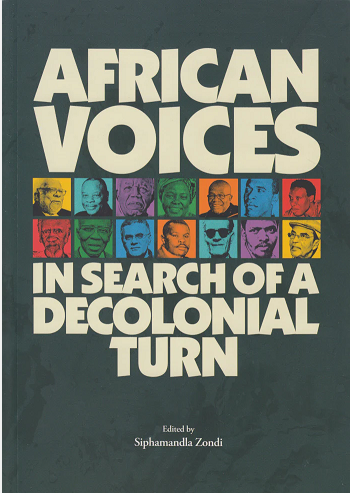2024 marks a decade since your fatal departure to the ancestral realm.
‘Colloquial speak’ categorizes us as part of Generation X / Gen X (1965-1980).Absurdity of the latter category is undeniable as you were born in the politically charged year of 1948, while I was born in I980. We experienced Apartheid differently.
It is a matter of public record, that by then, you had already penned your first classic Mzala: The Stories of Mbulelo Mzamane (1980). It did not escape some of us, that the latter was published with the anti-Apartheid publisher Ravan Press. This was consistent with your stance, as an anti-apartheid scholar activist.
Shortly thereafter you followed up with My Cousin Comes to Jo'burg (1981) and The Children of Soweto: A Trilogy (1982). The latter remains a critical contribution to discourse capturing how families in Soweto experienced the ‘1976 Student Uprising’.
Post your sojourn of exile, uppermost in mind amongst your vast feats include your tenure as the first Vice-Chancellor and Rector of Fort Hare University (UFH) in 1994 and later your directorship of the Center for African Literary Studies (CALS) at University of KwaZulu-Natal (UKZN).
As President Cyril Ramaphosa announced the 30th Anniversary of South Africa’s Democracy in his January 8th Address, I curiously wondered what that meant to South Africans who were not privileged to have known your works? Thought must be spared here specifically to the Millennials (1981-1996) and Gen Z (1997-2012).
Lala ngoxolo Songo, Msimango, Dumakazi, Thabizolo! Uyibekil’ induk’ ebandla! Camagu!
Dr. Tshepo Mvulane Moloi
Ali Mazrui Center for Higher Education Studies (AMCHES)
University of Johannesburg



